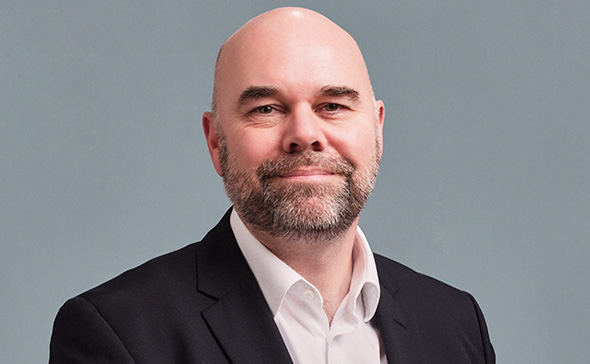You might not trust Facebank with your cash, but it’s a sign of things to come

If Facebook had launched its cryptocurrency Libra – let’s use the catchy, if grating, “Facebank” – ten years ago, it would’ve been heralded as an exciting and, dare I say, “disruptive” innovation.
A decade ago, in the post financial crash gloom, trust in the big banks was in the dumper and the cracks in their IT systems were all too clear, coming to a head with the NatWest meltdown that saw some customers locked out of their accounts for weeks.
Back then a cool kid from Silicon Valley could have probably swept in with sexy new technology and lofty ambitions and attempted to “do an Uber” on banking. Now, most of us view Facebank with a mixture of suspicion and fear.
The most obvious concern is that Facebook’s own reputation has tanked. If we can’t trust it with our selfies how can we trust it with our cash? On top of that its solution uses cryptocurrency, something most mainstream banking customers continue to scratch their heads over and even the most informed commentators are split on whether it’s a good thing or just a giant bubble.
But I think the lukewarm reception to Facebank really shows that, despite the signs of innovation around the edges, retail banking is still a conservative sector dominated by a handful of big players serving a customer base characterised by cynicism and apathy. The reason so many of us don’t switch banks is the textbook definition of “better the devil you know.”
Look at how the competition to the big five banks has fared in recent years: Co-operative Bank, the flag-bearer for ethical banking, got burnt by mismanagement and a massive hole in its balance sheet; brash newbie Metro Bank suffered a similar financial hiccup this year, with people queuing to withdraw their cash.
As for new competitors, Lloyds Bank spin-off TSB got snapped up by Banco Sabadell, which then oversaw a catastrophic IT failure of its own, while the creation of Williams and Glyn to reduce RBS’s dominance of business banking never got off the ground, converting instead into the Alternatives Remedies Package.
Tesco Bank recently announced it was shutting its doors to new mortgage business and was selling off its loan book. The idea of a bank in your local supermarket sounded great 15 years ago, but Tesco clearly found it difficult to make the numbers work.
It’s true that the emerging fintech players like Monzo and Starling Bank have generated a lot of good PR and are attracting customers, but their appeal is currently limited to metropolitan millennials and they are yet to turn a profit because current accounts only make money from fees and cross-sales.
Actually, I think “who is going to challenge the big banks?” is the wrong question to ask, because who really wants the stress and regulatory pressure of setting up a new bank? Crucially, consumer habits have also changed and we are now happy to use separate services that were previously mostly offered by the banks, such as payment systems like PayPal or comparison sites and robo-style services to switch everything from insurance to mortgages. The challenge to the big banks is coming from outside the traditional financial services industry.
It’s a dilemma that Adam Dell, the entrepreneur behind personal financial management app Clarity Money, warned about last month, saying: “There are two kinds of incumbent banks: There are banks that are screwed, and there are banks that don’t know they’re screwed.” Last year Clarity Money was bought by Goldman Sachs, also the bank behind new savings entrant Marcus.
Of course, we still need banks as a safe place for our cash, but so long as they don’t mess up too often and don’t charge us too much, do we really care who they are? And if we don’t care, we aren’t going to build a relationship with them and brand loyalty becomes meaningless. Some of the UK’s big banks are trying to inject some innovation and excitement, such as Barclays with its Eagle Labs fintech incubator, but is it too little, too late?
Facebank might never actually become a bank, and indeed many commentators believe Libra is just Facebook’s first step to integrating payments into its Messenger platform. But what I think Libra really demonstrates is that companies like Facebook are happy to pick away at the banking system and will take the bits they want.
The risk for the big banks is that they just become glorified money boxes, taking on all the regulatory risk with little of the rewards. If they’re not careful, banks will just become utilities, like electricity and water suppliers. And when was the last time you got excited about your water company?
Paul Beadle is MRM’s Head of Social Media and Digital Communications – you can follow him on Twitter @PaulBeadle and MRM on @MRMComms
